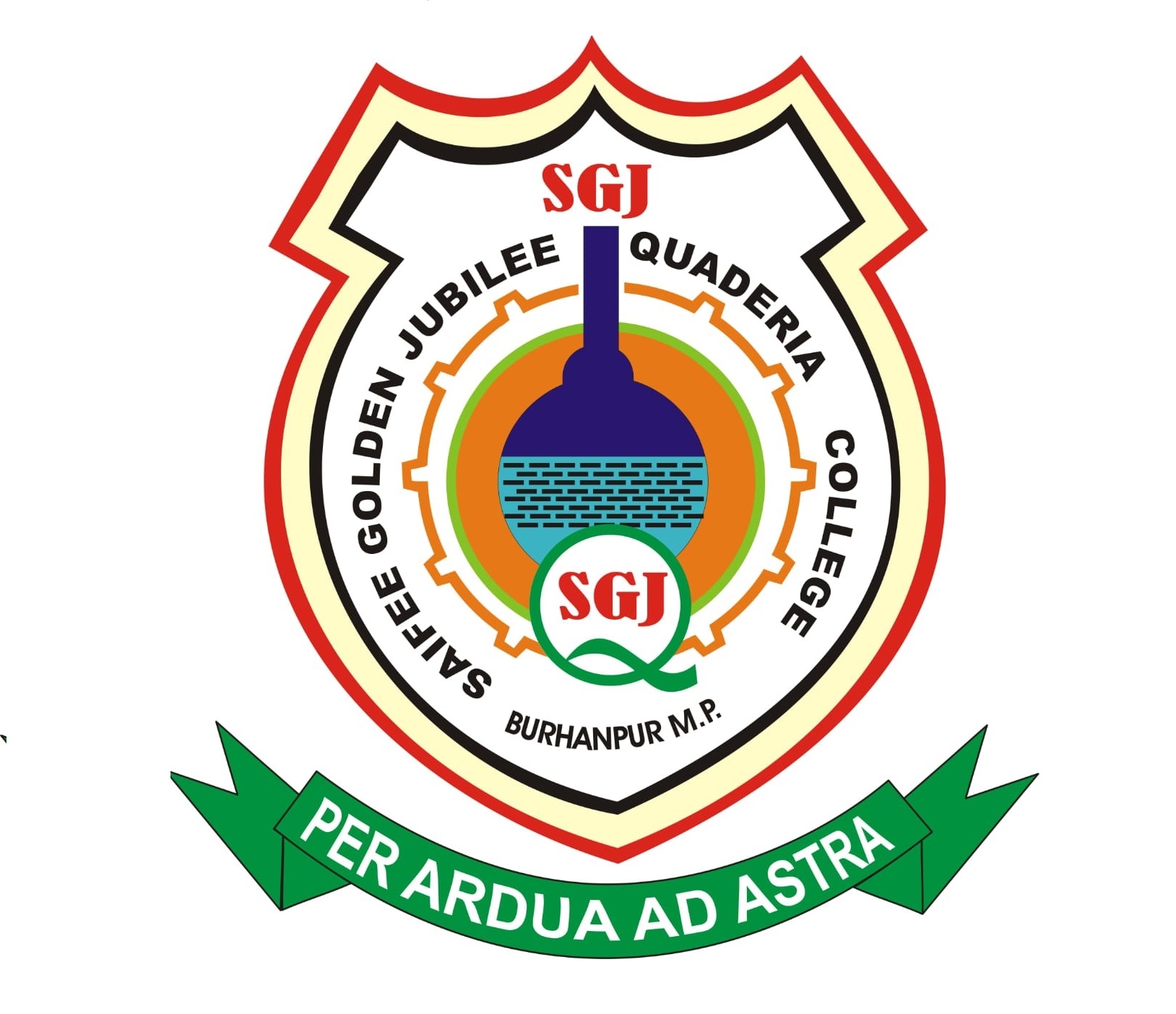| Module | Topics | No. of Hours |
| I | Introduction and Principles, Developing Organic farm, conversion of soil to organic Soil Cultivation and Tillage, Creating good growing conditions, soil compaction, Types of soil cultivation. | 5 |
| II |
Crop planning and management, Crop rotation, intercropping, cover crops, crop – animal association. Mulching: Definition, Uses, Selection of mulch materials, source of mulching materials, Application of mulch. |
8 |
| III |
Organically manage the field, Live fencing, Water and nutrient management, Weed management, Pest and disease management. Plant propagation, Criteria for seed evaluation, characterization and multiplication, Importance of traditional varieties, Seed conservation. |
10 |
| IV | Other forms of organic management, Biodynamic agriculture, Rishi Krishi, natural farming, panchgavya krishi, Natueco farming, Homa farming. | 7 |
| Practical | ||
| 1. Soil sampling and determination of Soil pH. 2. Determination of soil organic carbon content. 3. Preparation of nursery and seed beds. 4. Seed treatment with fungicides and Bio-fertilizers. 5. Identification of different types of chemical fertilizers, composts, bio-fertilizers. 6. Calculation of fertilizer requirement of crops (for wheat, rice and maize) based on their nutrient needs. 7. Preparation of FYM and Compost. 8. Uses of sprayers and dusters for pest control and nutrient spray. 9. Determination of moisture content of crop seeds (wheat, rice, maize and mustard). 10. Visit to a crop field and compare healthy plant with a diseased and insect affected plant. 11. Identification of different types of Insecticides, Fungicides and Herbicides. |
30 | |
| Project/ Field trip: Excursion of an Organic Farm/ Presentation of a project related to any topic of Organic Farming. |
Notice

Organic Farming
E
N
Q
U
I
R
Y